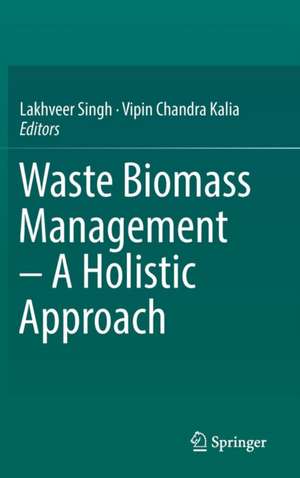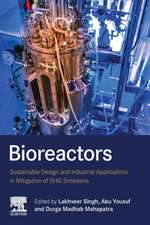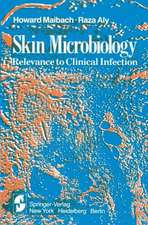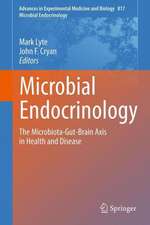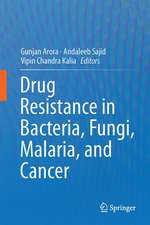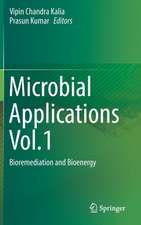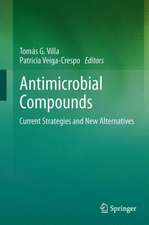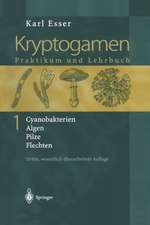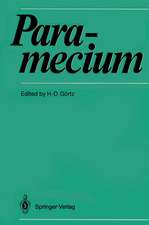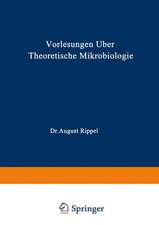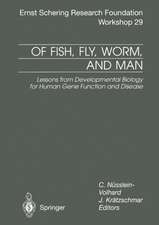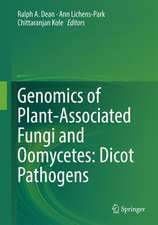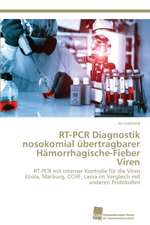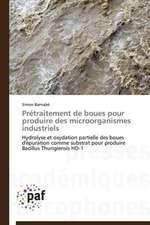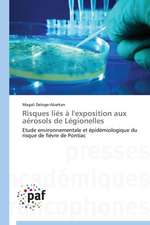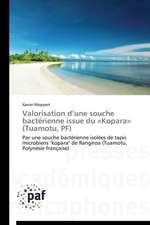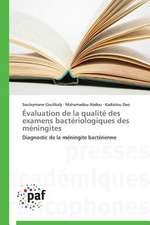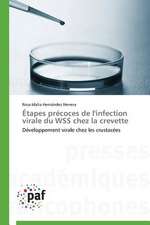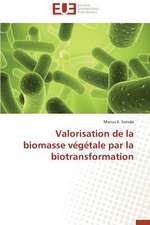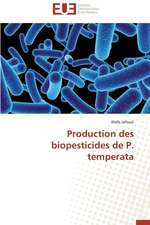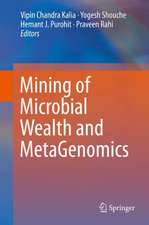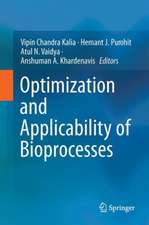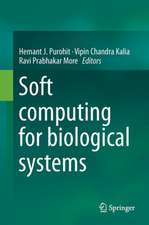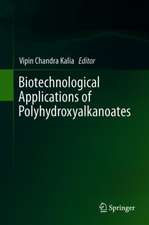Waste Biomass Management – A Holistic Approach
Editat de Lakhveer Singh, Vipin Chandra Kaliaen Limba Engleză Hardback – 21 mar 2017
| Toate formatele și edițiile | Preț | Express |
|---|---|---|
| Paperback (1) | 949.73 lei 6-8 săpt. | |
| Springer International Publishing – 20 iul 2018 | 949.73 lei 6-8 săpt. | |
| Hardback (1) | 955.88 lei 6-8 săpt. | |
| Springer International Publishing – 21 mar 2017 | 955.88 lei 6-8 săpt. |
Preț: 955.88 lei
Preț vechi: 1165.70 lei
-18% Nou
Puncte Express: 1434
Preț estimativ în valută:
182.90€ • 191.48$ • 151.34£
182.90€ • 191.48$ • 151.34£
Carte tipărită la comandă
Livrare economică 05-19 aprilie
Preluare comenzi: 021 569.72.76
Specificații
ISBN-13: 9783319495941
ISBN-10: 3319495941
Pagini: 345
Ilustrații: XII, 392 p. 49 illus., 40 illus. in color.
Dimensiuni: 155 x 235 x 24 mm
Greutate: 0.74 kg
Ediția:1st ed. 2017
Editura: Springer International Publishing
Colecția Springer
Locul publicării:Cham, Switzerland
ISBN-10: 3319495941
Pagini: 345
Ilustrații: XII, 392 p. 49 illus., 40 illus. in color.
Dimensiuni: 155 x 235 x 24 mm
Greutate: 0.74 kg
Ediția:1st ed. 2017
Editura: Springer International Publishing
Colecția Springer
Locul publicării:Cham, Switzerland
Cuprins
Anaerobic Digestion.- Using pretreatment and enzymatic saccharification technologies to produce fermentable sugars from agricultural wastes.- Various sludge pretreatments: their impact on biogas generation.- Hydrolysis of Lignocellulosic Biomass for Recovering Hemicellulose: State-of-the-Art.- Latent potential of Microalgal Biomass: Research Efforts and Challenges.- Treatment of dye wastewater for water reuse using membrane bioreactor and biofouling control.- Economic and Market Value of Biogas Technology.- Biomass Gasification.- Activated Carbon from Renewable Sources: Thermochemical conversion and activation of biomass and carbon residues from biomass gasification.- Pyrolysis of Biomass.- Liquefaction of biomass for bio-oil products.- Intensified Synthesis of bio-ethanol from sustainable biomass.- Current approaches in producing oil and biodiesel from microalgal biomass.- Intensified Synthesis of Biodiesel from Sustainable Raw Materials Using Enzymatic Approach.- An integrated approach for efficient energy recovery production from livestock and agro-industrial wastes.- An integrated approach for efficient energy recovery production from livestock and agro-industrial wastes.- Microbial Fuel Cells: Types and Applications.
Notă biografică
Dr. Vipin Chandra Kalia is presently serving as Chief Scientist and Deputy Director of Microbial Biotechnology and Genomics at CSIR Institute of Genomics and Integrative Biology, Delhi. He is a Professor, AcSIR, and received his M.Sc. and Ph.D. in Genetics from the Indian Agricultural Research Institute, New Delhi. He has been elected a Fellow of the National Academy of Sciences (FNASc); the National Academy of Agricultural Sciences (FNAAS); and the Association of Microbiologists of India (FAMI). His main areas of research are Microbial biodiversity, Bioenergy, Biopolymers, Genomics, Microbial evolution, Quorum sensing, Quorum quenching, Drug discovery and Antimicrobials. He has published 99 papers in prominent journals including Nature Biotechnology; Biotechnology Advances; and Trends in Biotechnology, and has authored 14 book chapters.
In addition, he has edited three books: (i) Quorum Sensing vs Quorum Quenching: A Battle with No End in Sight (2015); Microbial FactoriesVol. 1: Biofuels, Waste Treatment (2015); and (iii) Microbial Factories Vol. 2: Biodiversity, Biopolymers, Bioactive Molecules (2015). He is presently Editor-in-Chief of the Indian Journal of Microbiology, while also serving as an editor of the Journal of Microbiology & Biotechnology (Korea); the International Scholarly Res. Network Renewable Energy; Dataset Papers in Microbiology; and PLoS ONE. He is a life member of the following scientific societies: the Society of Biological Chemists of India; Society for Plant Biochemistry and Biotechnology, India; Association of Microbiologists of India; Indian Science Congress Association; BioEnergy Society of India, and the Biotech Research Society of India (BRSI). He is also a member of the American Society for Microbiology
In addition, he has edited three books: (i) Quorum Sensing vs Quorum Quenching: A Battle with No End in Sight (2015); Microbial FactoriesVol. 1: Biofuels, Waste Treatment (2015); and (iii) Microbial Factories Vol. 2: Biodiversity, Biopolymers, Bioactive Molecules (2015). He is presently Editor-in-Chief of the Indian Journal of Microbiology, while also serving as an editor of the Journal of Microbiology & Biotechnology (Korea); the International Scholarly Res. Network Renewable Energy; Dataset Papers in Microbiology; and PLoS ONE. He is a life member of the following scientific societies: the Society of Biological Chemists of India; Society for Plant Biochemistry and Biotechnology, India; Association of Microbiologists of India; Indian Science Congress Association; BioEnergy Society of India, and the Biotech Research Society of India (BRSI). He is also a member of the American Society for Microbiology
Textul de pe ultima copertă
This book gives an overview on techniques and future perspectives of various aspects of waste biomass management. It also presents the economic and environmental evaluation, and also the monetary value-benefits and sustainability of the different processes. Recycling processes of lignocellulosic biomass from palm oil mill waste are covered, as well as from sugar industry waste and agriculture waste. It also includes thermal and non-thermal technologies for resource recovery from waste biomass. Challenges in the reuse and recycling of waste biomass are discussed, i.e., the hygienic safety in biomass management and bioremediation technologies for conversion into valuable products. The book is aiming at scientists, researchers and students alike, who are working in the research areas pertaining to waste management.
Caracteristici
Gives a state-of-the-art overview on waste biomass management Discusses challenges the reuse and recycling of waste biomass Includes future perspectives of bioremediation technologies for conversion into valuable products
